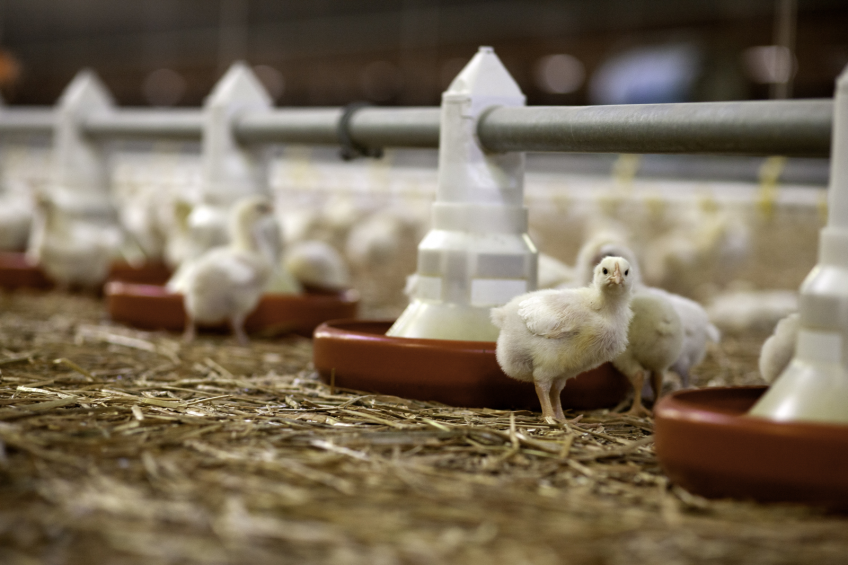Russian poultry processor to produce L-threonine

Russian poultry processer, Prioskolie, is to invest RUB 4.9 billion (US$64 million) into commissioning a line for the production of feed L-threonine, targeting a capacity of at least 12,000 tonnes.
Prioskolie already runs a large project for the production of feed lysine with a capacity of 57,000 tonnes per year. The line for L-threonine production will be launched at the same plant in Belgorod Oblast.
High feed digestibility
“We aim to expand production of Premix Plant Number 1 (PPN-1) in Belgorod Oblast by adding the production of L-threonine to lysine sulfate. This amino acid is a feed additive, which provides high feed digestibility for agricultural animals and increases their daily gain. The total amount of L-threonine currently being consumed in the country is imported. The overall Russian demand in this amino acid is estimated at 17,500 tonnes [in 2016] and it grows annually by 3,000–4,000 tonnes,” commented Alexey Balanovsky, director of PPN-1.
The project would become the first one in the area for L-threonine production in Russia. Several years ago, a project with similar specifications was announced by another Russian company, Titan. The plans however, were never implemented. So far, Russia imports most L-threonine from China, and a small part from Europe. The largest European supplier of these amino acids is Evonik, which accounts for 5% of all deliveries.
Increased price for L-threonine
According to Ekaterina Burdaeva from the Russian analytical agency Tsenovik, the price for L-threonine in the country has start growing after devaluation of the Russian rouble in 2014 and currently its price starts at RUB 150 per kg (US$2). Experts suggest that the strong growth of prices for feed amino acids, and the successful implementation of the lysine project are the main factors that forced Prioskolie to consider the production of L-threonine.
“Over the past 2 years we have been engaged in studies of L-threonine, where we invested RUB 70 million (US$2 million, based on the exchange rate of 2014). Now we aim to meet 70% of overall Russian demand for this amino acid accounting for 6-7% of the world’s total production. As the new production line will be organised at the lysine plant, it will significantly decrease the investment cost of the project,” Balanovsky added.
Construction to begin in 2017
He also explained that the construction of the plant would be launched in 2017, and commissioned in 2021-2022, while the estimated payback period is 7 years. Construction will take place on the overall area of 5,000 m2, while the plant will employ 200 people. The company’s management explain that here, Prioskolie has the same philosophy as in the lysine project, targeting to become a pioneer in the market, having the production location as close as possible to potential customers.
“This area is very relevant. It is obvious that in the L-threonine market, just as in the case of lysine, for which the production capacities were first built, it is a niche market,” Balanovsky. “In general, there are a lot of issues, where we can compare L-threonine and lysine markets, as they are subject to similar trends.”













